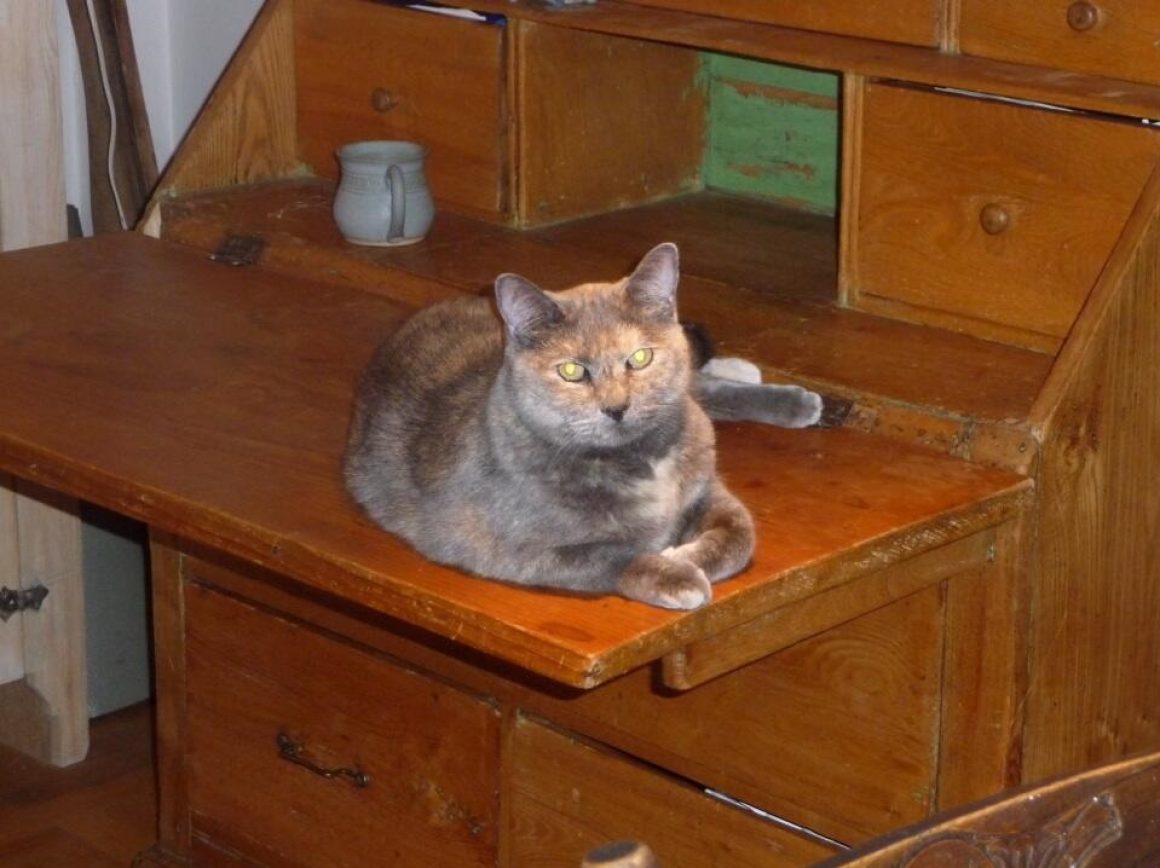It is interesting how families live not in the present tense but in the present perfect, the tense which connects the past with the present. This inability to exist without the past is what makes being in any family so difficult, so complex, so maddening.
Billie Livingston’s “Clown Lessons”, from her award-winning collection Greedy Little Eyes, depicts a relationship between twins—Clarisse and James— shaped by a tragedy that occurred long ago, at the very moment of their birth.
The first hint of the past’s intrusion onto the present is that Clarisse and James are adults living together in their childhood home, though their mother is dead and their father lives in a nursing home. They reside in their childhood home physically, and also emotionally. Clarisse works in a bank but also takes care of James who works as a clown in Stanley Park. When he loses his vending permit and can no longer sell animal balloons, Clarisse suggests he get another vending permit or return to clowning at kids’ parties. Also, she must remind him to pay his half of the bills:
“James, I can’t carry you this month. We just got our third warning and they’re going to cut us off. I need your half.”
“I told you, you should get a raise. Or a different job.”(102)
Though James does give her a “cloth sack” (103) of two dollars coins, he first attempts to pin his financial problems on her, seeing her as a kind of guardian or even mother. In many ways, she does behave like a mother.
After establishing the present, Livingston explores the consequences of the twins’ birth, a birth that took place at home, unexpectedly, rapidly and chaotically.
Clarisse emerged from the birth canal first in a “slippery rush” (107), but James held onto Clarisse’s ankle, one arm out of the birth canal, the other inside. When James was born, he pulled his mother’s uterus out with him in a ”tide of blood” (108), leading his father to believe from that moment on that James caused his wife’s death, when James could not have caused her death at all. This fact, though, was ignored by James’ father. Believing James to contain ”everything terrible he’d had to carve from his own soul before he was good enough to meet someone like [their] mother” (108) he, after many years of either neglecting James or nearly murdering him, abandoned Clarisse and James, leaving them in the care of his sister.
Given their births, it is no wonder that Clarisse comes to be viewed as the “saint” (111) in the family whereas James is viewed as a kind of a hapless, “rotten” (111) boy. It is also no surprise that they play these parts their entire lives. Furious James is the picture of disorder and even Clarisse admits his dependence on her is “financial…and emotional” (101). Clarisse remains in control, managing her life and James’ life.
As Livingston shows, James’ choice of career connects to a moment in the past, but a softer, kinder moment. After neglecting the twins for years (the father is “a nine-to-five, depressed, alcoholic ghost who avoided [them] at all costs” p.109), their father, in disguise, clowned at one of their birthday parties, thrilling their friends by producing “a dizzying array of balloon creations” (108). After this, the children begged for clown lessons and their father provided them. As an adult, James clings to something his father taught him, perhaps the only thing he ever taught him. But just as tragedy can reverberate through time, so can an act of love.
In the final scene, Livingston shows that though James and Clarisse have been shaped by the past, they can move on from it if they choose.
Having escaped from the nursing home and clearly suffering from dementia (a loss of the past) the twins’ father finds his way home. He fails to recognize his daughter or son, but moments from his past randomly surface. He calls Clarisse Suzette, his sister’s name, and then he believes that she has been murdered, something that happened to another relative. When he sees James in his clown make-up, he mistakes him for his “papa” (114) and begs him in French, the language of his childhood, to not hurt him. At this, James comforts his father, teaches him to chop an onion as they prepare dinner, scolds the director of the nursing home for not providing regular reports on their father’s condition. James, in contrast to earlier, is composed, generous, graceful. Clarisse, refusing to indulge James’ initial anger at their father’s presence (“Fuck you, James” p.114), steps out of her nurturing role.
The story left me quiet, contemplative. Maybe the past and our grief over it never end, but as Livingston shows, neither does the possibility of solace and clarity.
Livingston possesses a unique gift for visual description. The death of the mother, for instance, is made unforgettable: “his wife’s pelvis began to buck, guttural howls wailing from her body, as Jame’s head emerged in a tide of blood, his body lurching out, dragging the walls of his former home with him” (108). Later, the father is described as “an old man, small and curved, in a rumpled suit” (104); the image easily evokes our pity. The depth and sensitivity of “Clown Lessons” illustrates Livingston’s power and maturity as a writer.
Also by Billie Livingston: Going Down Swinging , Cease to Blush and The Chick at the Back of the Church.
Livingston, Billie. “Clown Lessons.” Greedy Little Eyes. Toronto:Vintage Canada, 2010. 97-116.
